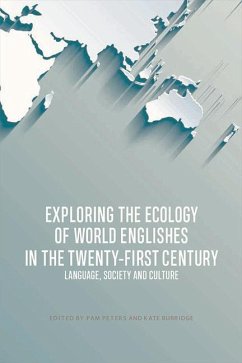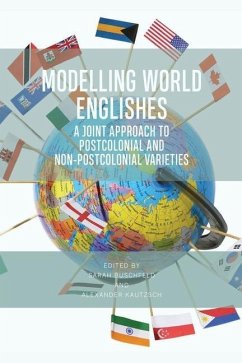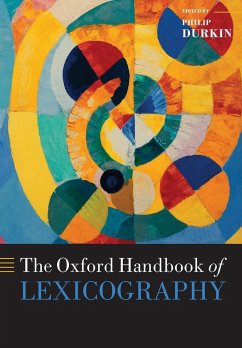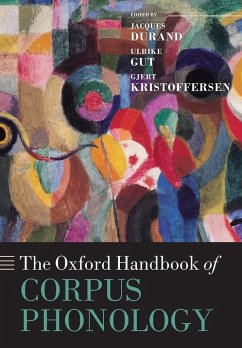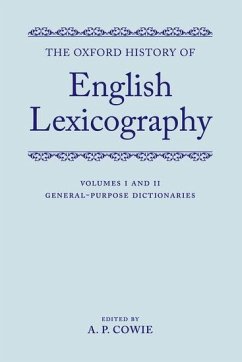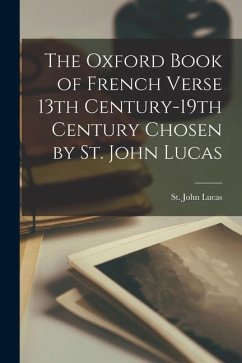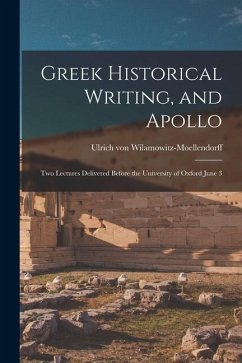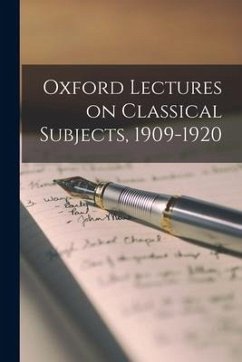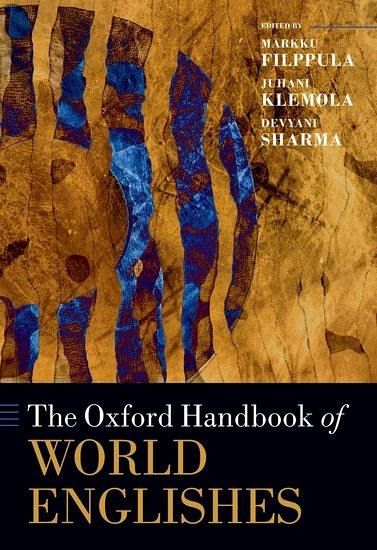
The Oxford Handbook of World Englishes
Versandkostenfrei!
Versandfertig in über 4 Wochen
58,99 €
inkl. MwSt.

PAYBACK Punkte
29 °P sammeln!
This volume offers a comprehensive treatment of World Englishes that engages constructively with current linguistic theories, questions, and methodologies. Its 36 articles are divided between four themes: Foundations, World Englishes and Linguistic Theory, Areal Profiles, and Case Studies. Cumulatively, it offers detailed accounts of the structure and social histories of specific varieties of English spoken across the globe.




